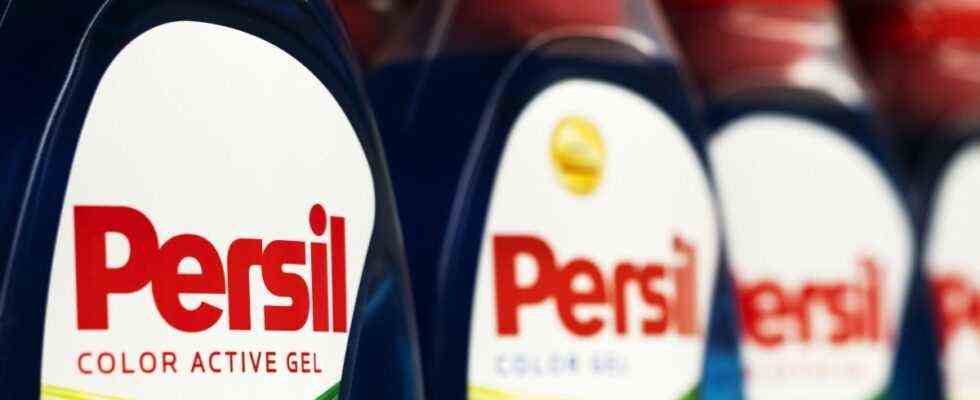Henkel is becoming more pessimistic for the current year. The consumer goods company is burdened with high raw material and transport costs. The earnings figures of the Düsseldorf company for 2021 are now expected to be at the lower end of the previous forecast range. Henkel now expects to land at the lower end of the original forecast ranges in spite of significant sales growth in earnings expectations for 2021, as the company announced.
“Tense supply chains and rising raw material and transport costs pose particular challenges,” said CEO Carsten Knobel on Monday. The continued sharp rise in costs is putting a greater strain on the economy than expected. In addition, there is still a high level of uncertainty as to how the pandemic and its impact on consumption and industry will develop.
In the third quarter, the manufacturer of Pritt, Loctite and Persil increased sales by 1.9 percent to around five billion euros. Organically, i.e. after adjustment for exchange rate effects as well as acquisitions and sales, sales grew by 3.5 percent. The group benefited from price increases, the quantities sold remained almost unchanged.
The adhesives business posted a clear plus, with demand for products from the electronics and packaging industries in particular. Competitor Beiersdorf was also able to grow significantly in the Tesa business in the quarter.
In contrast, things were less round for the Henkel Group for cosmetic products, which posted a drop in sales. Here customers had resorted to body care products a year ago in the Corona crisis, and now the demand for soap items has normalized. In the detergent business related to Persil, Henkel was able to grow organically in the quarter. Here the products also became significantly more expensive. Business with the automotive industry, which is currently suffering from a lack of chips, and with metals showed a slight decline.
Henkel CEO Knobel now expects organic sales growth of six to eight percent for the full year. The adjusted return on sales, the so-called EBIT margin, should be 13.5 percent. Previously, he had promised a range of 13.5 to 14.5 percent. For adjusted earnings per preferred share (EPS) at constant exchange rates, Henkel now expects an increase in the high single-digit percentage range. Competitor Beiersdorf expects sales to increase organically by eight to ten percent for the year as a whole. The Hamburg-based company wants to compensate for higher prices for raw materials with savings and price increases for their own products.

